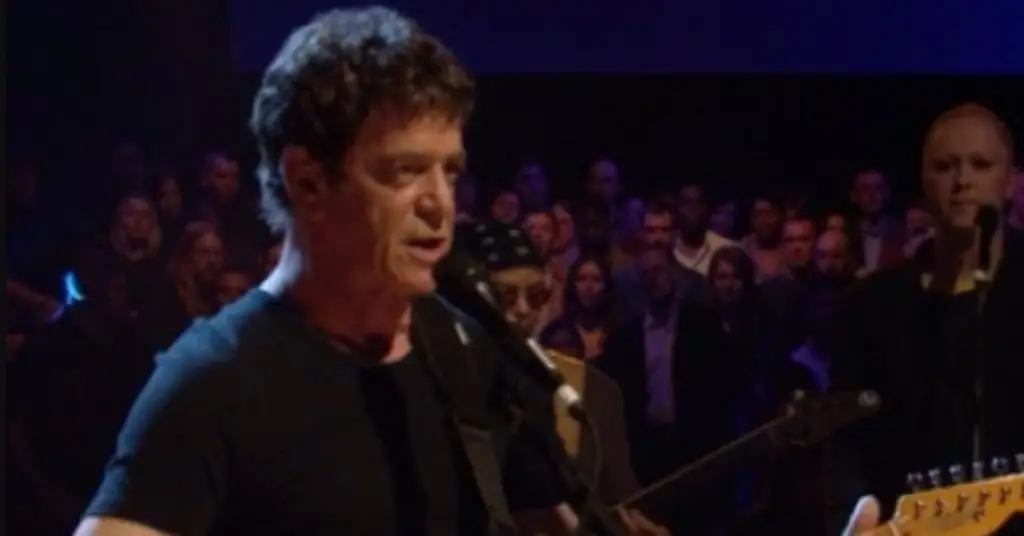Lou Reed and the Haunting Beauty of “Perfect Day”
Lou Reed’s career was never about chasing convention. From his groundbreaking work with The Velvet Underground to his often unpredictable solo ventures, Reed built a reputation as a poet of the streets — chronicling love, addiction, despair, and fleeting moments of joy with unflinching honesty. Among his vast body of work, few songs capture his gift for subtle, layered storytelling as well as “Perfect Day.”
Origins and Release
“Perfect Day” first appeared on Reed’s 1972 solo album Transformer, produced by David Bowie and Mick Ronson. At the time, Reed was stepping out of the shadow of The Velvet Underground and seeking a broader audience. While Transformer gave him his most famous solo hit in “Walk on the Wild Side,” it was “Perfect Day” that quietly showcased another side of his artistry: tender, melancholic, and open to interpretation.
Built on a simple piano melody and a sweeping string arrangement by Ronson, the track stood in stark contrast to the grit of Reed’s urban narratives. Its lush orchestration and hauntingly calm delivery created something both beautiful and unsettling.
Lyrics and Interpretation
On the surface, “Perfect Day” reads like a straightforward love song. The lyrics describe idyllic moments: a day spent drinking sangria in the park, feeding animals at the zoo, and later going home together. Reed’s understated delivery makes the images feel almost ordinary, yet deeply intimate.
But as the song unfolds, a darker undercurrent emerges. Lines like “You’re going to reap just what you sow” suggest layers of regret, longing, or even quiet menace. Some listeners interpret the song as a reflection on Reed’s struggles with addiction, where the “perfect day” could be a metaphor for the fleeting highs that eventually come at a cost. Others see it as a sincere love ballad, stripped of irony. Reed himself was famously coy about its meaning, leaving it deliberately open-ended.
Reception and Cultural Impact
Though not a major single upon its release, “Perfect Day” grew in stature over the decades. It became one of Reed’s most beloved songs, admired for its ambiguity and emotional depth.
The track found renewed attention in the 1990s after it was featured prominently in Danny Boyle’s film Trainspotting (1996), where it accompanied a harrowing heroin overdose scene. This placement cemented its association with addiction and despair for many listeners, though its haunting beauty still allowed it to stand apart as a work of art in its own right.
In 1997, the BBC used “Perfect Day” for a star-studded charity single featuring artists like David Bowie, Elton John, and Bono. The recording brought the song to a new generation, climbing the charts and introducing Reed’s masterpiece to a wider audience.
Legacy
Today, “Perfect Day” is seen as one of Lou Reed’s defining works — a track that perfectly embodies his gift for duality. It’s romantic yet unsettling, simple yet layered, personal yet universal. That tension is what gives the song its power: it refuses to be pinned down, instead inviting listeners to project their own meanings onto its haunting refrain.
Why It Endures
More than fifty years after its release, “Perfect Day” still resonates because it captures a truth about human experience: beauty and darkness often exist side by side. Whether you hear it as a love song, a lament, or an ode to fleeting happiness, its quiet power lingers long after the final strings fade.
Lou Reed once said, “I think that everything happening in my life should be put down, recorded, and turned into a song.” In “Perfect Day,” he gave the world a reminder that even the simplest moments can hold infinite complexity.



Facebook Comments